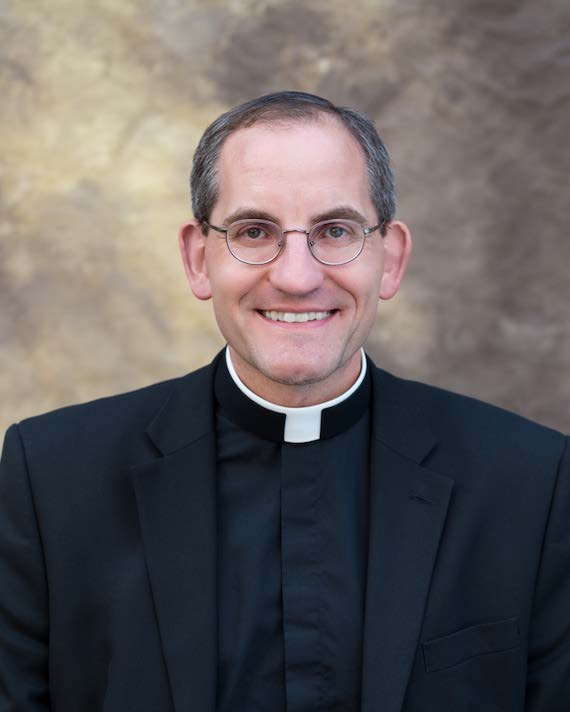
We continue our reflections on the Five Precepts of the Church, having looked at the first and fifth precepts: 1) obligation to attend Mass on Sundays and Holy Days of Obligation, and 5) providing for the needs to the Church. This week, we will jump back to the second precept: Confession of serious sin at least once a year.
Notice two key words in this precept: “at least”, which is consistent with the Church’s definition of the
precepts, that they constitute “the very necessary minimum” of the Christian life. Serious sin is also known
as mortal sin. It is mortal because it kills our relationship with the Lord, and we are the ones responsible for that mortal blow. A serious, or mortal sin, requires that we have full knowledge of what we are doing, that we know it is wrong, and that we do it anyway. The classic example is intentionally skipping Mass without a serious reason (ie being in the hospital, or physically incapacitated by illness or injury).There are many other things in the moral life as well, perhaps most commonly sins against chastity (ie sexual activity outside of marriage, artificial contraception, use of pornography). There are other examples that can be given, but to list them all would take more space than I have.
One of the reasons this precept is worded this way is connected to the third precept: Reception of Holy Communion at least once a year during the Easter season. One must be in the state of grace (having any serious sins absolved through Confession) in order to receive Holy Communion. So if the very minimum is receiving Holy Communion once a year, it makes sense that we confess serious sins prior to doing that. The Church has rightly encouraged us to receive Holy Communion much more frequently because of how important it is for us to receive the graces that come from this gift. So if we receive more frequently, which most of us do every Sunday, then we need to make sure our use of Confessions roughly matches that. In other words, if we plan to go to Holy Communion regularly, we should probably be going to confession more regularly. We must never approach Holy Communion with unforgiven, serious sin on our soul. To do so is to commit an additional serious sin of sacrilege. So if we are aware of committing a serious sin, make it a point to get to confession as soon as possible for two reasons: 1) so that we can receive Holy Communion the next time we are at Mass 2) to avoid being separated from God for eternity. As Jesus reminded us a few Sundays ago, “You also must be prepared, for at an hour you do not expect, the Son of Man will come.” (Luke 12:40) The choice is always up to us. We use our free will to either follow or not follow God. We choose to ask His forgiveness for our serious sins in the way He intended it (ie Confession), or we choose not to. And in the end, we either choose to be with Him in Heaven, or we choose not to. Jesus does not condemn us to eternal separation, we choose that ourselves by choosing contrary to His will and not turning back in repentance.
A clarification on this topic is necessary, because it is often misunderstood. Divine law is to keep holy the Sabbath, which as Christians is to keep holy the Lord’s Day. The way we do this is by going to Mass (the first precept of the Church). That obligation is always there, so even if we are not in the position to receive Holy Communion due to unconfessed serious sin, we still need to go to Mass. We are not obliged to receive Holy Communion at each Mass, though we are encouraged to do so, but only if we are aware that we are not guilty of any unconfessed mortal sins.
Since this is such an important and sometimes sensitive topic, I plan to return to it next week, especially since I basically addressed two precepts in this article. In the meantime, ask yourself if it might be time for you to get back to confession.
Father Alford is the Rector of the Cathedral and serves in the diocesan curia as the Vicar for Clergy, Consecrated Life, and Vocations.